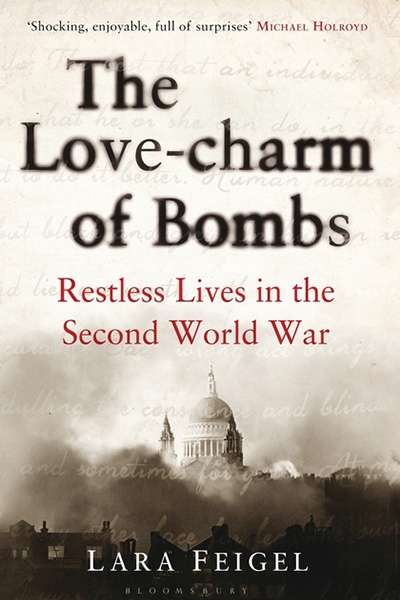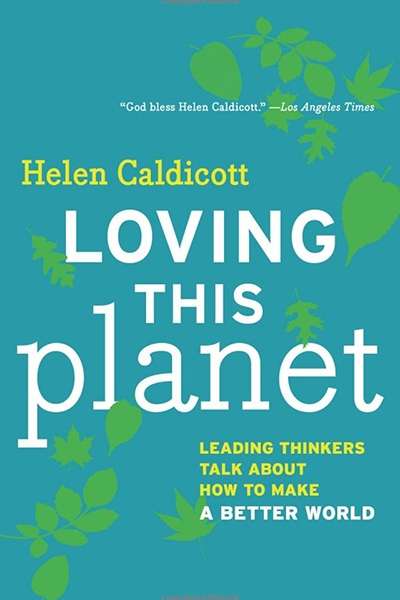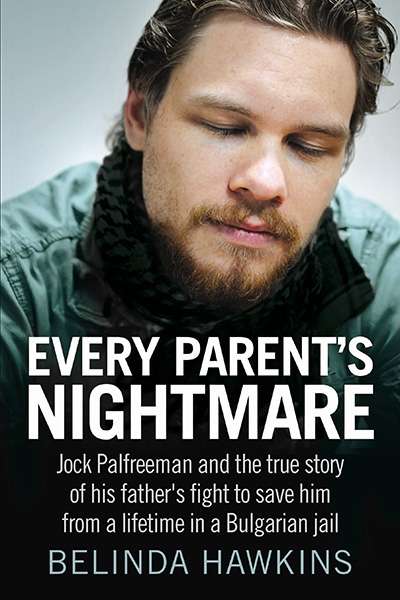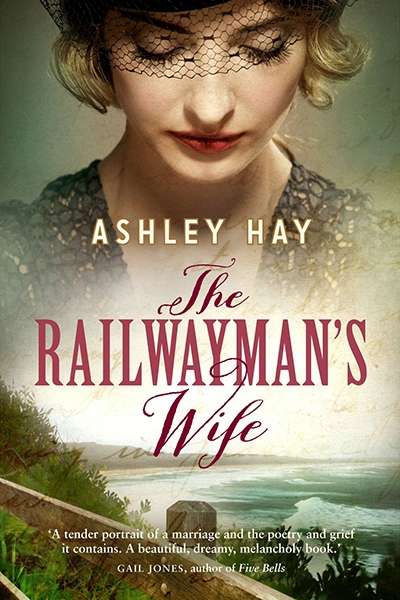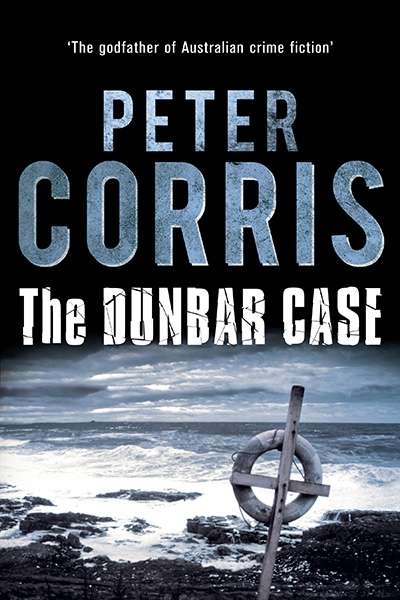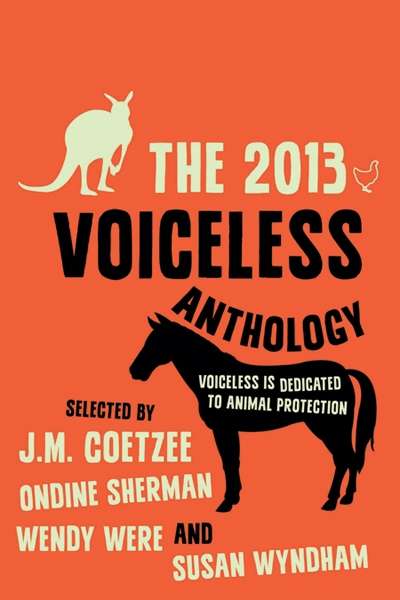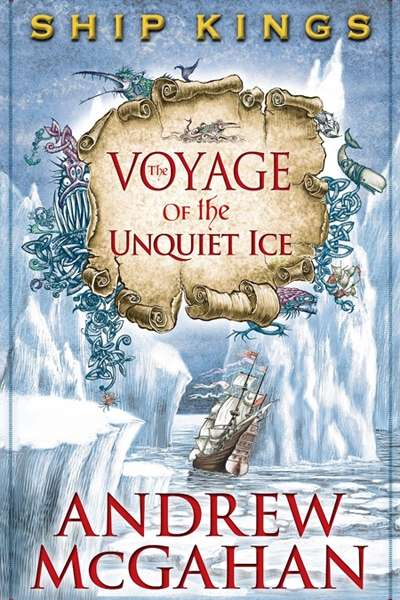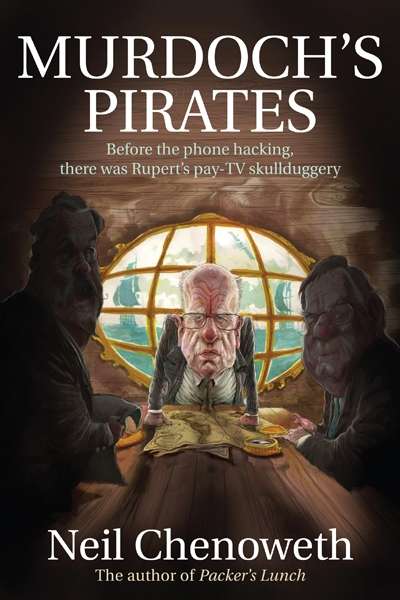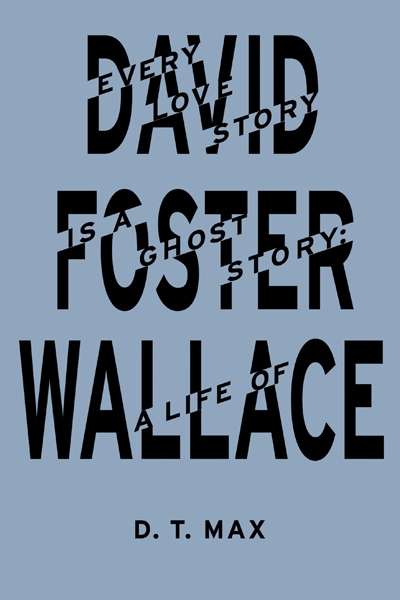Allen & Unwin
The Love-charm of Bombs: Restless Lives in the Second World War by Lara Feigel
by Jane Sullivan •
Loving This Planet by Helen Caldicott & Waging Peace by Anne Deveson
by Gillian Terzis •
Every Parent’s Nightmare: Jock Palfreeman and the True Story of His Father’s Fight to Save Him from a Lifetime in a Bulgarian Jail by Belinda Hawkins
by Daniel Herborn •
Murdoch’s Pirates: Before the Phone Hacking, There Was Rupert’s Pay-TV Skullduggery by Neil Chenoweth
by Joel Deane •

